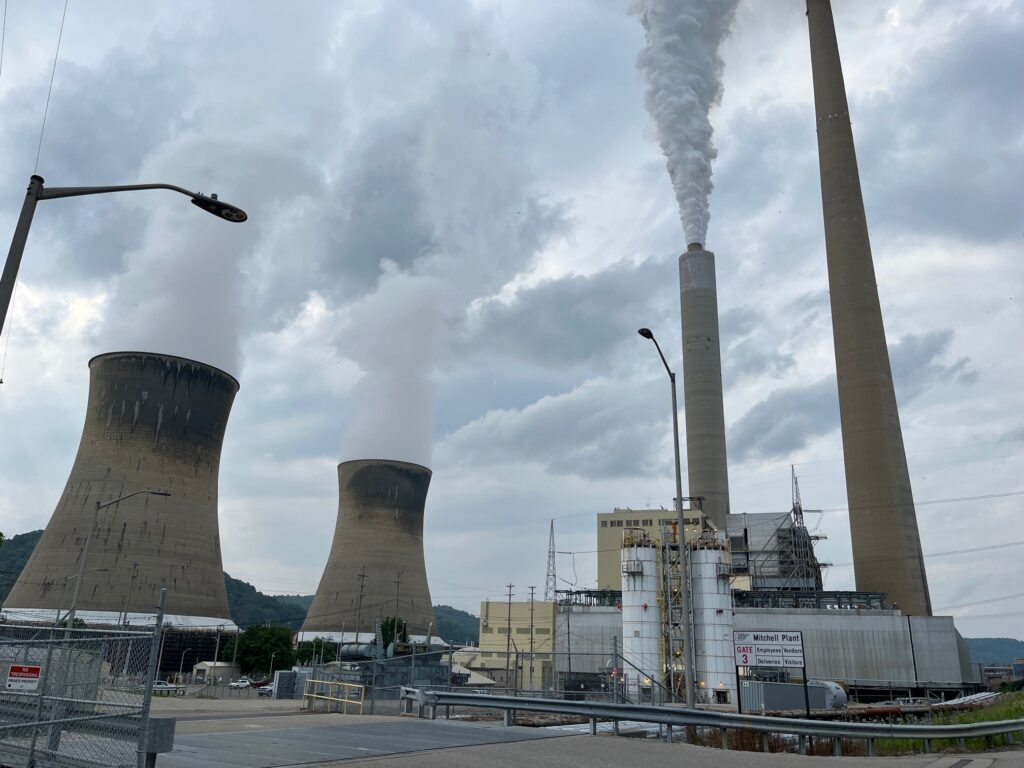JP Morgan Chase, Wells Fargo, Morgan Stanley and Goldman Sachs are on the state’s restricted financial institutions list. They got there because Treasurer Riley Moore determined last year that they are engaged in a boycott of fossil fuels.
A new report from the Sierra Club, however, shows all those institutions invest in electric utilities that are heavy users of coal.
JP Morgan Chase and Wells Fargo are among the top six institutions worldwide to invest in companies that burn coal.
British bank Barclays, which is not on the state’s restricted institutions list, is the largest investor in West Virginia’s top power companies, American Electric Power and FirstEnergy. Barclays is also the top financier of coal-burning utilities in the world, according to the report.
These and eight other power companies operate coal-burning power plants in 16 states.
The top six banks all made commitments to align their investments with the Paris Agreement yet have invested nearly $84 billion in coal-burning utilities since 2016, the report found.
Jared Hunt, a Treasury spokesman, said the banks were placed on the list based on their publicly available policy statements.
Virtually all banks have set net-zero goals for carbon dioxide emissions and have made commitments to environmental, social and governance, or ESG standards.
Yet as the Sierra Club report shows, many of them continue to support fossil fuels.




















